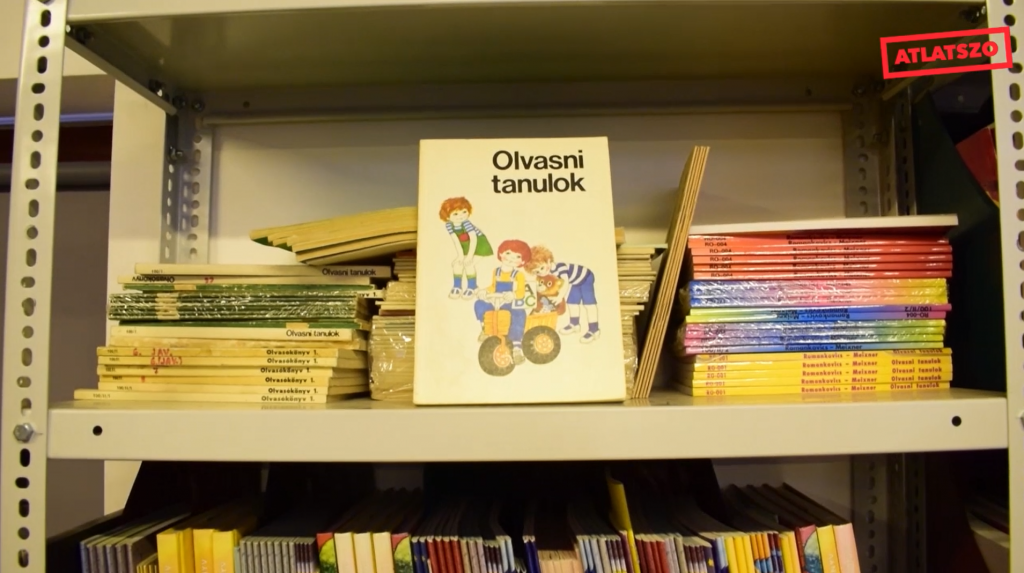Five private textbook publishers are taking the state of Hungary to court. They are suing after their requests for five-year extensions of the licenses for their textbooks was denied. Their requests were denied without due process.
András Romankovics, chair of the National Textbook Association (Tankönyvesek Országos Egyesülete), told Atlatszo that this court case was ultimately about the freedom to choose a textbook, a choice inherently connected to academic freedom. If the case fails, teachers will only be able to use the textbooks prescribed and written by the Hungarian state.
Here is an excerpt from our interview with Mr. Romankovics.
How long have you been publishing textbooks?
This goes back to 1970 when my wife and I graduated from college. We had moved to Mogyoród to teach and we were teaching first graders. She was teaching one of the first-grade classes and I was teaching the other. We worked hard for five years and then in 1975 we applied to be authors of the new first-grade textbook. We were very young but we were selected. The textbook was published in 1979 and 190,000 copies were printed. This means that every child was using our textbook. After the transition to democracy, we started our own textbook business and developed an entire system of textbooks for grades one to four. That is to say that we have more than forty years of experience in the field.
Why are you suing right now?
One large and four small textbook publishers are suing the state of Hungary because it has just became clear to us that, even though we applied for the extensions of the licenses of our textbooks and paid the necessary fees, our requests were denied without due process. These are all privately owned companies. The licenses of the textbooks published by the state-owned companies were extended. We are suing because we think that if we accept this decision then from 2019 schools will not be able to use the textbooks that they have been using for years. And this is harmful not only for the publishers but for the schools, teachers, kids and parents as well because they will not be able to use the textbooks that they have been happily using for a long time. So this court case is not only about the textbook publishers but it is also about freedom of education and the ability to freely choose textbooks after 2019.
What do you expect to happen?
It is very hard to predict, and I do not know how good our chances are because the machinery of the state is powerful. But we are convinced that we are right and we hope for a fair trial. If we arewill be able to break through the wall of uniform, state-mandated textbooks, that will help schools a lot and will make sure that they will have a wide variety of options to choose from when it comes to textbooks. They will be able to select the one that best suits them: a school in downtown Budapest might need a very different textbook than one in a poor countryside area.
How many textbooks are you suing about?
The four publishers filed 21 textbook license extension requests, which means 21 trials. The first day of the trial will be September 5 (the interview was done before that date – the editor.) The cases are made more complicated by the fact that six or seven different judges will be hearing the arguments, which means that they might not all come to the same conclusions. So, I think this will be really exciting, and it is made even more interesting by the fact that this is not only about the publishers, it is also about those who are teaching but who are not in a position to openly confront their employers about their problems.
Whose interests are the most important in this case?
The most important thing is not what is good for the teachers, the leaders of the education field or for the state budget. The most important thing is what is best for the children, for the next generation.
Written by Bence Bodoky and Boldizsár Romvári
English version by Anita Kőműves, editing by Clare Humphreys
You can read the original, Hungarian language story here .

